Robot fabrication in a single step with a desktop 3D printer and pressurised gas.
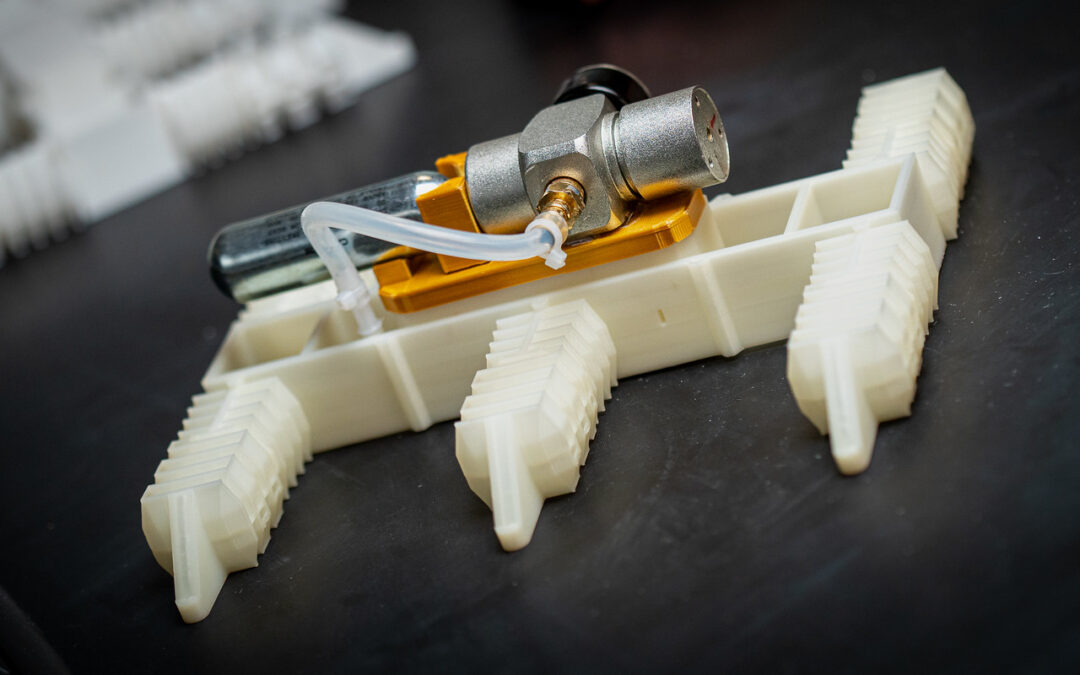

Robot fabrication in a single step with a desktop 3D printer and pressurised gas.

Héctor Corte-León explores the advantages and disadvantages of the different techniques used to calibrate a magnetic force microscope.

The flexible and foldable 3D probes were surprisingly durable when inserted into brain tissue to map the deep functioning of neurons.
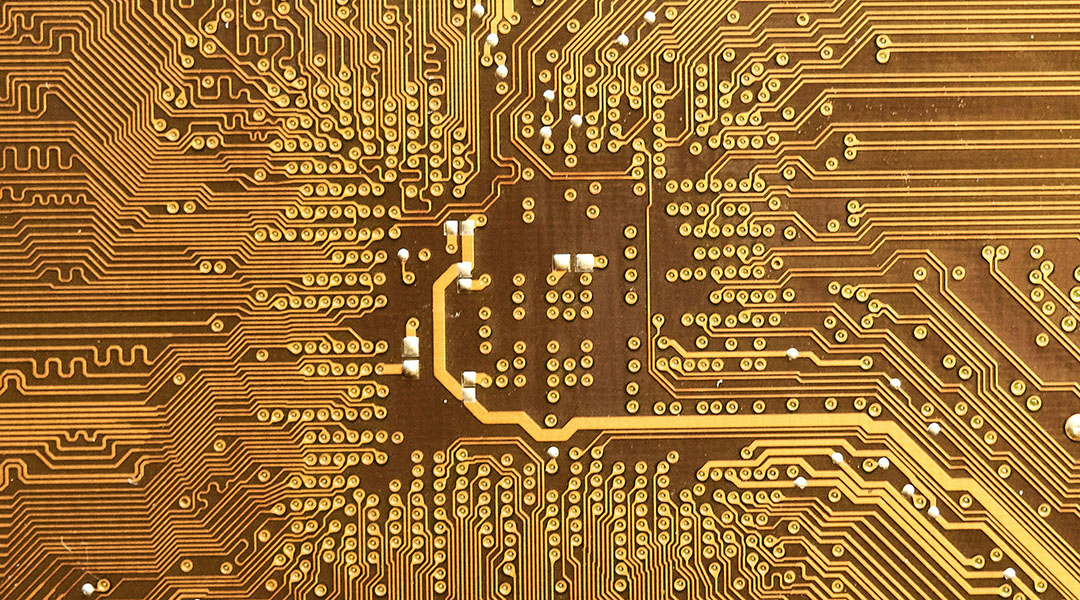
The sensitive e-skin robotic coating applies ultrasonics and AI while taking its inspiration from the Japanese art of Kirigami.

Scientists created an “evapolectrics” generator that draws power directly from water evaporation, offering a sustainable, battery-free energy source from humidity.

Scientists created flexible probabilistic bits from custom polymers, offering a new, energy-efficient path for AI and machine learning using classical physics.
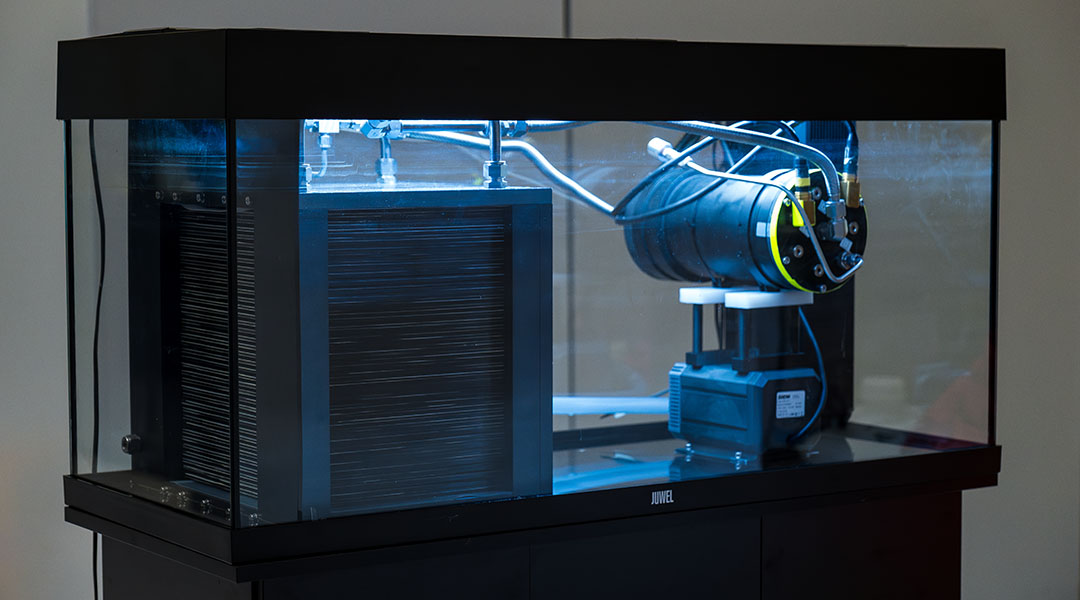
A fish-inspired fuel cell concept could provide a cost-effective alternative to batteries in underwater vehicles.
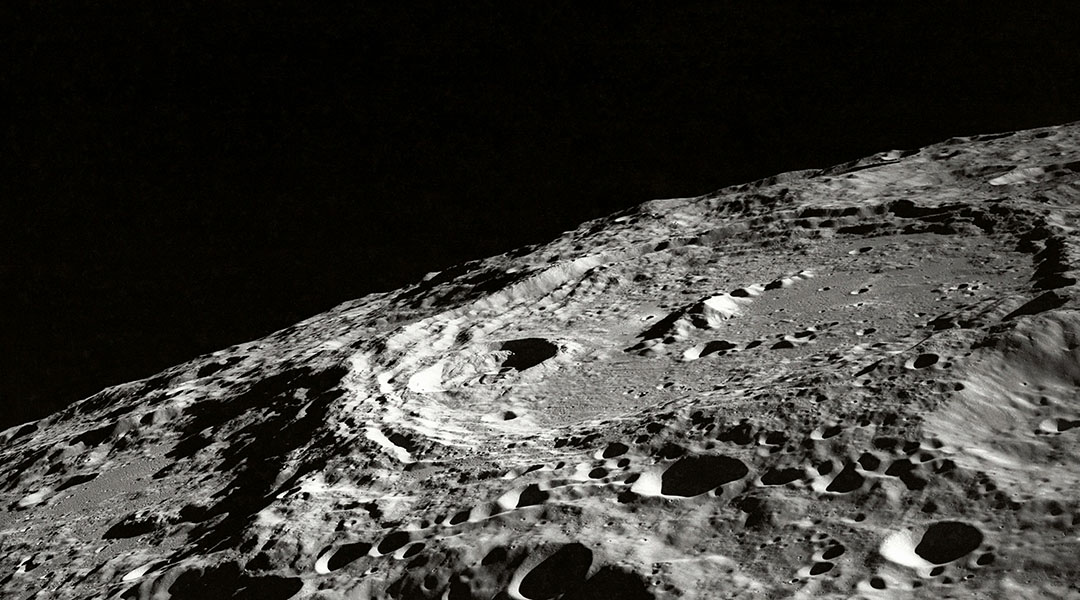
Making solar panels on the Moon could be the solution to reliably providing energy to lunar settlements.

A new machine learning algorithm that can rapidly pinpoint the location of a neutron star merger using gravitational wave signals alone.
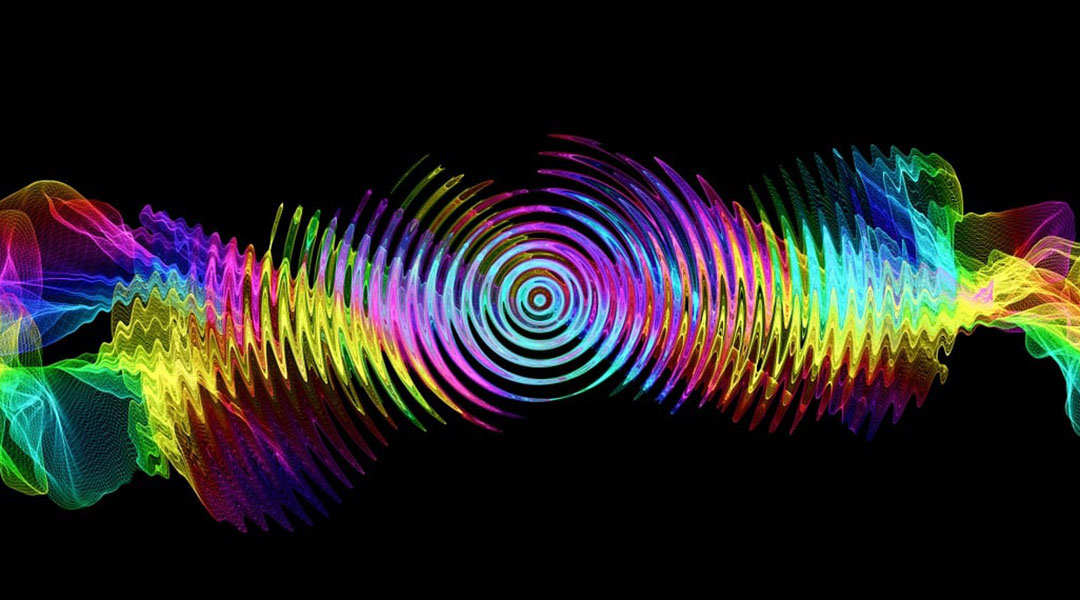
“We’ve essentially reworked the standard recipe for making organic light emitting diodes, like those found in smartphones.”